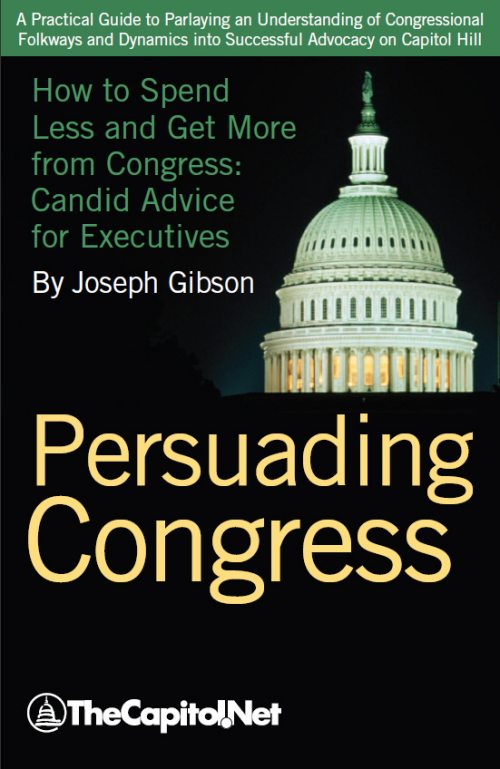After a bill makes it out of committee, there is a new challenge. While it is not unusual for a bill to make it out of committee, the bill may not actually make it onto the floor.

Majority leaders determine if and when a bill will actually come to the floor. They must negotiate among numerous competing interests and there is a limited amount of time available to do this. If you are working to have a bill passed, your job is to convince party leaders that your bill deserves to come to the floor.
When party leaders evaluate whether a bill deserves to make it to the floor, they look past the policy rationale. First, they consider how much controversy is present regarding the bill; i.e., will the bill face a  difficult vote? In addition, they consider whether the bill will establish a good campaign issue for the majority party. Public opinion regarding the bill is also taken into consideration.
difficult vote? In addition, they consider whether the bill will establish a good campaign issue for the majority party. Public opinion regarding the bill is also taken into consideration.
From the outset, you must consider the best way to make the case that your bill merits floor time. You should begin laying groundwork with party leaders to consider the bill for floor consideration when you see that your bill has gained momentum in committee. Then, you must make sure that party leaders are aware of your bill, as they may not know anything about your bill. Unless there has been a lot of media coverage of that particular bill.
To learn more about persuading Congress and the process of how a bill becomes a law, consider our 1-day course, Congressional Dynamics and the Legislative Process, or our 3-day Advanced Legislative Strategies.
Reference: Persuading Congress, by Joseph Gibson, Ch. 38 Floor Consideration
For more than 40 years, TheCapitol.Net and its predecessor, Congressional Quarterly Executive Conferences, have been teaching professionals from government, military, business, and NGOs about the dynamics and operations of the legislative and executive branches and how to work with them.
Our custom on-site and online training, publications, and audio courses include congressional operations, legislative and budget process, communication and advocacy, media and public relations, testifying before Congress, research skills, legislative drafting, critical thinking and writing, and more.
TheCapitol.Net is on the GSA Schedule, MAS, for custom on-site and online training. GSA Contract GS02F0192X
TheCapitol.Net is now owned by the Sunwater Institute.
Teaching how Washington and Congress work ™

